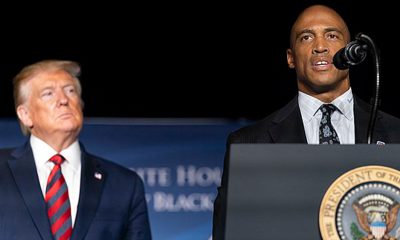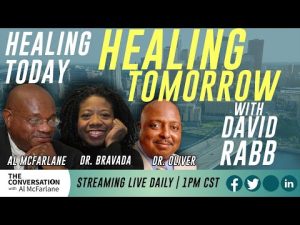Bay Area
Market Day Grand Re-Opening in Marin City
For 38 years, the Agricultural Institute of Marin (AIM) has brought Marin farmers’ locally produced food to the underserved people in Marin through farmers’ markets and other programs. One of these programs is AIM’s popular Rollin’ Root Mobile Market, which sends a food truck laden with fresh fruits and vegetables to regular weekly stops throughout Marin County, and to Marin City, enabling the community to have access to fresh, healthy produce, regardless of their transportation or economic barriers.
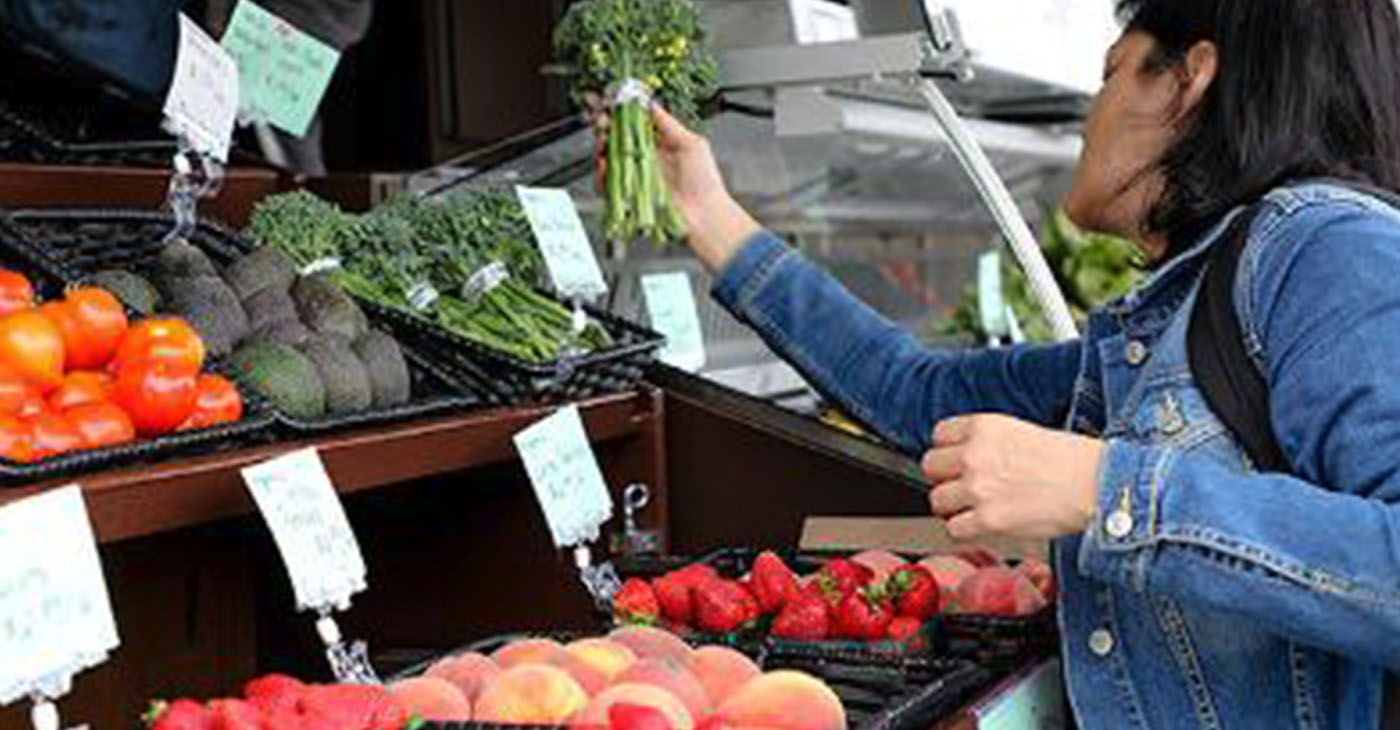
By Godfrey Lee
Market Day celebrated their Grand Re-Opening on Thursday, June 2, from 1 p.m. to 5 p.m. at the Marin City Community Services at 640 Drake Ave. in Marin City. The Rollin’ Root Mobile Market will be relocating to join Market Day in order to better deliver and make available fresh affordable produce to the community.
The Rollin’ Root will accept CalFresh, California’s name for the Supplemental Nutrition Assistance Program. CalFresh participants who use their EBT card at The Rollin’ Root are eligible to receive 50% off their purchase of fruits and vegetables through Market Match (up to $15 in discounts per day).
The Rollin’ Root will also accept Senior Bonus Bucks, which are $4 coupons for free fruits and vegetables issued to qualifying older adults ages 60 and older who participate in the Senior Farmers’ Market Nutrition Program.
For 38 years, the Agricultural Institute of Marin (AIM) has brought Marin farmers’ locally produced food to the underserved people in Marin through farmers’ markets and other programs. One of these programs is AIM’s popular Rollin’ Root Mobile Market, which sends a food truck laden with fresh fruits and vegetables to regular weekly stops throughout Marin County, and to Marin City, enabling the community to have access to fresh, healthy produce, regardless of their transportation or economic barriers.
The Marin Agricultural Land Trust (MALT) has partnered with AIM to specifically serve the residents of Marin City. MALT has provided a $5,000 grant so that Rollin’ Root can add a Marin City stop to its weekly route to provide farmers’ market produce to Marin City residents.
Ten pre-packed bags of fresh produce will also be delivered weekly to the Marin City Health and Wellness Center for distribution to clients in need.
MALT believes that a healthy local food system depends on everyone having equitable access to fresh food. Decades of economic and racial inequities and policies have created discrepancies in people’s access to fresh food here at home. We must work collectively to undo these discrepancies, and the AIM and MALT partnership is a step in the right direction.
Residents can support this work by visiting the Rollin’ Root at any of its weekly stops. Check out the Rollin’ Root schedule at malt.org. Or make a gift on the AIM website or visit the MALT website to learn more about MALT’s vision for the future or to make a donation to help protect Marin County’s at-risk farmland.
Contact the office@marincitycsd.com for more information.
Activism
Let’s Talk Health: Empowering Our Community with Health Literacy
At Covered California, we recognize that understanding health insurance is more than just choosing a plan –it’s about having the knowledge to make informed decisions that lead to healthier lives. That’s why this year’s open enrollment campaign, “Let’s Talk Health,” focuses on breaking down barriers and simplifying the complex language of health care.
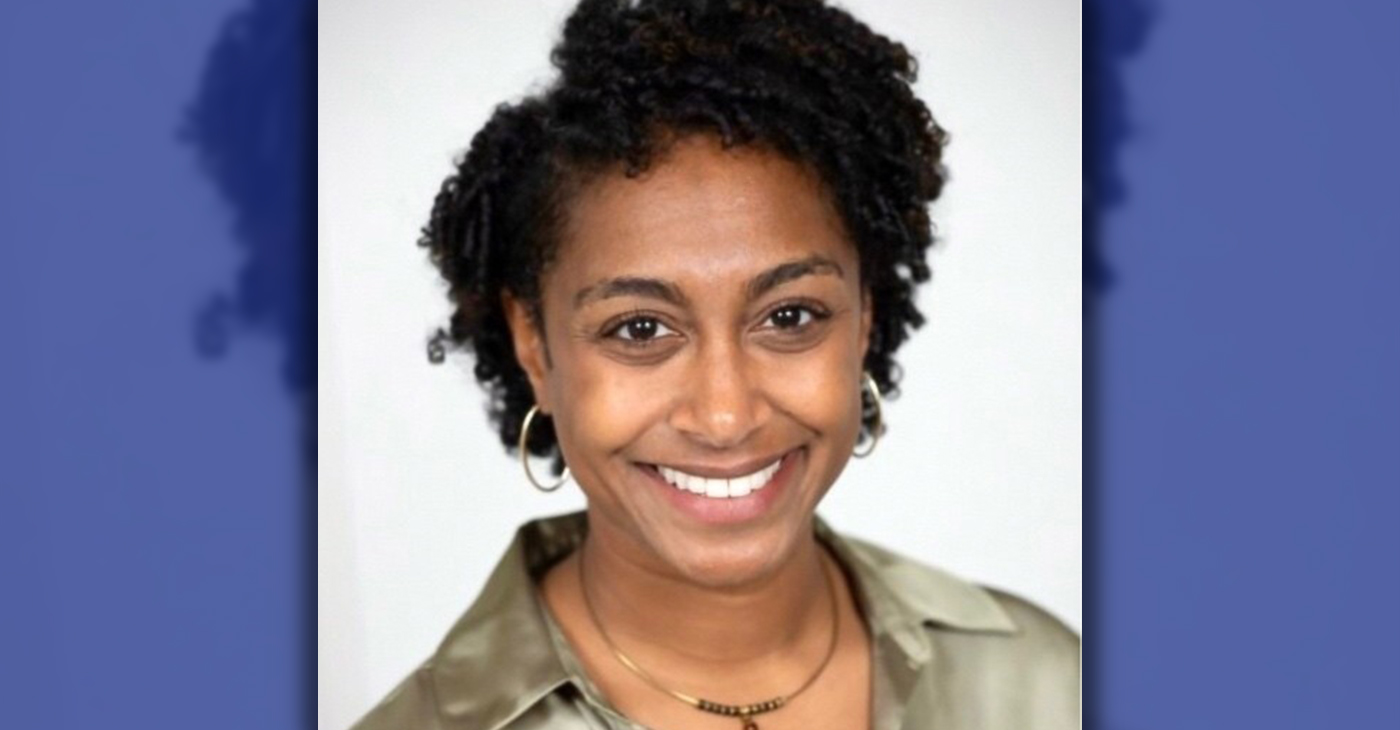
By Dr. Monica Soni
Navigating health insurance can often feel overwhelming, especially for individuals and families who are new to the system or unsure about their options.
At Covered California, we recognize that understanding health insurance is more than just choosing a plan –it’s about having the knowledge to make informed decisions that lead to healthier lives. That’s why this year’s open enrollment campaign, “Let’s Talk Health,” focuses on breaking down barriers and simplifying the complex language of health care.
Health literacy is critical for achieving better outcomes, reducing disparities, and ensuring every African American and Black Californian — regardless of their income, ethnicity, or background — has access to quality care. By making health insurance simpler to understand, we empower individuals to access preventive services, manage chronic conditions, and avoid costly medical bills.
Breaking Barriers in African American and Black Communities
This year, “Let’s Talk Health” places a special focus on supporting African American and Black communities, where systemic inequities in health outcomes persist. These communities often face higher rates of chronic conditions and challenges in navigating the health care system. To address these disparities, Covered California partnered with trusted organizations to provide information, tips and resources.
In San Francisco, Andre Atkins, Director of Programs at Rafiki Coalition, led a dialogue with Dr. Kim Rhoads, Community Engagement Director at UCSF Helen Diller Family Comprehensive Cancer Center; Destiny Williams, Health and Wellness Program Manager at Rafiki Coalition; and myself.
These conversations play a vital role in the pursuit of health equity by sharing power and creating spaces where our community can learn, share experiences, ask questions and connect with advocates who work daily to understand their unique needs. Through these efforts, we reaffirm our dedication to fostering equity and inclusion in health care, ensuring that every voice is heard and supported.
Why Health Literacy Matters
Health literacy goes beyond understanding health care terms. It’s about empowerment. It equips individuals to make informed decisions, from choosing the right health plan to finding a provider to deliver preventive care and seeking mental health services. At Covered California, we provide tools and resources, such as side-by-side plan comparisons and financial assistance details, to ensure everyone can navigate their options confidently and access the care they need.
Taking the First Step
Whether you’re a student, part-time worker, family of four, open enrollment is your opportunity to prioritize your health and your future. This year’s open enrollment period runs from Nov. 1, 2024, to Jan. 31, 2025, and we’re here to assist you every step of the way.
Consumers must select a health plan by the Dec. 31 to receive coverage for the entire year, starting Jan. 1, 2025.
To find the plan that’s right for you, and take the first step toward a healthier tomorrow, visit CoveredCA.com and fill out the application yourself or put in your ZIP code and connect with a certified agent in your neighborhood who can guide you through your options. Together, we can break down barriers and ensure that all Californians have the tools to thrive.
Dr. Monica Soni, MD, is the Chief Medical Officer for Covered California, where she leads efforts in health equity, quality transformation, and clinical innovation. As a practicing board-certified internal medicine physician and health care leader with over a decade of experience, Dr. Soni is committed to improving affordability, access, and outcomes for all Californians.
Activism
OPINION: Solutions to the Housing Crisis Exist, but Governments Waste Tax Dollars Instead
People who are homeless want real housing, not temporary shelters that are dangerous and crowded. The City of Oakland has been telling the public that the sweeps of encampments are an effective solution, but it just pushes people from block to block, wasting tax money on paying police officers overtime in a budget crisis. This is true at the state level too, where California spends $42,000 per person that is unhoused per year. The city and state could just help pay residents’ rent, rather than pay for police to harass people on the streets, many of whom have disabilities or are elders.

By Kimberly King and Victoria King
In a powerful demonstration of grassroots organizing, activists joined forces in direct action that started on Dec. 17 to call for the establishment of sanctuary communities across the West Coast
The goal of the effort is to raise awareness about misleading narratives around homelessness and to present concrete solutions to a crisis that leaves over 35,000 people unsheltered each night in the Bay Area.
The action, led by members of Oakland’s Wood Street Commons and Homefullness/Poor Magazine, represents a direct response to the U.S. Supreme Court and Gov. Gavin Newsom’s approach to homelessness. At the core of the movement is a fundamental truth: housing is a human right, not a commodity to be bought and sold for profit.
People who are homeless want real housing, not temporary shelters that are dangerous and crowded. The City of Oakland has been telling the public that the sweeps of encampments are an effective solution, but it just pushes people from block to block, wasting tax money on paying police officers overtime in a budget crisis. This is true at the state level too, where California spends $42,000 per person that is unhoused per year. The city and state could just help pay residents’ rent, rather than pay for police to harass people on the streets, many of whom have disabilities or are elders.
The coalition of organizations, led by people with lived experience of homelessness, coordinated their efforts to show the unity behind this movement, including setting up sweeps-free sanctuary communities and resource centers and presenting solutions to city council. The message is clear: unhoused residents refuse to remain invisible in the face of policies that have resulted in 347 deaths for people experiencing homelessness in Alameda County just this year alone.
The coalition presented four key demands, each addressing different aspects of the housing crisis. First, they called for the establishment of sanctuary communities instead of sweeps, urging the redirection of encampment management funds toward positive solutions like encampment upgrades and permanent low to no-income housing.
The second demand focuses on utilizing public land for public good, specifically identifying vacant properties like the Hilton Hotel on Port of Oakland land. The coalition emphasized the immediate availability of these spaces to house hundreds of currently unhoused residents.
Prevention forms the third pillar of the coalition’s demands, with calls for strengthened renter’s rights, rent subsidies, and a permanent moratorium on rental evictions and foreclosures for non-payment.
Finally, the coalition demands the defunding of coercive “Care Courts,” advocating instead for non-carceral approaches to mental health care and harm reduction.
The Poor People’s Campaign’s motto, “When we lift from the bottom, no one gets left behind,” encapsulates the spirit of the action. Daily activities, including opening prayers for those who have died while homeless, served as powerful reminders of the human cost of failed housing policies that treat housing as a commodity rather than a fundamental right.
As this crisis continues to unfold, these activist groups have made it clear that the solution to homelessness must come from those most directly affected by it.
About the Authors
Kimberly King and Victoria King are Oakland Residents who advocate for the unhoused and propose solutions to end homelessness and housing insecurity.
Alameda County
Barbara Lee Releases Statement on Possible Run for Mayor of Oakland
Already, her backers are organizing to urge her to run for the position left vacant by the recall of former Mayor Sheng Thao, which became effective on Dec. 17. At present, Council President Nikki Fortunato Bas is serving temporarily as mayor.
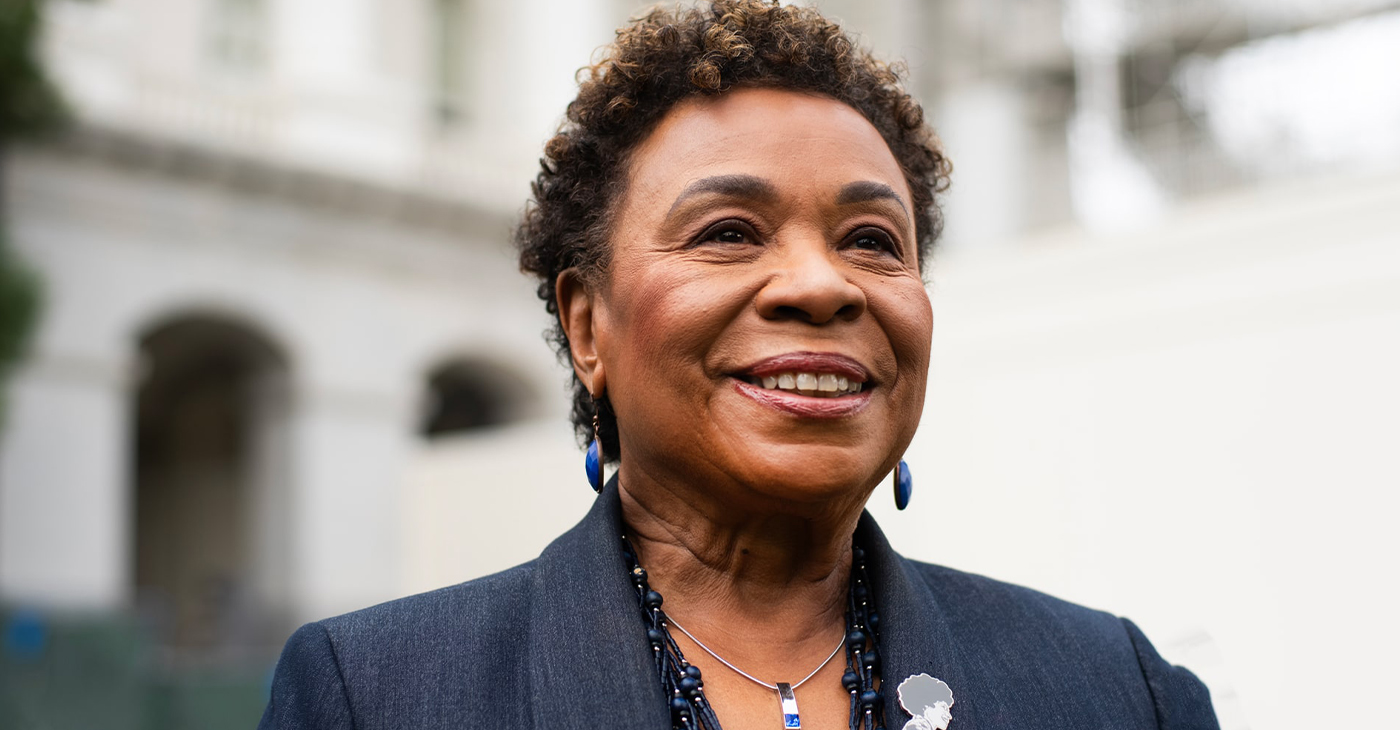
By Ken Epstein
Questions continue to swirl in Oakland and throughout the Bay Area over the possibility that Congresswoman Barbara Lee might run for mayor of Oakland after she leaves Congress in January.
Already, her backers are organizing to urge her to run for the position left vacant by the recall of former Mayor Sheng Thao, which became effective on Dec. 17.
At present, Council President Nikki Fortunato Bas is serving temporarily as mayor.
Lee is already meeting with city leaders and learning more about the major issues facing the city. In a social media post on Dec. 20, she released a statement clarifying her timeline for making a decision.
“The decision to run for Mayor of Oakland, a city that I have long called home, is not one I take lightly,” she said.
“As my time in Congress wraps up, my current priority is navigating the crisis before us in DC. I am working around the clock to reach a deal that will keep our government open and provide crucial resources for my district,” she continued.
“I will announce my intentions in early January,” Congresswoman Lee said.
-

 Activism4 weeks ago
Activism4 weeks agoOakland Post: Week of November 27 – December 3, 2024
-

 Activism3 weeks ago
Activism3 weeks agoPost News Group to Host Second Town Hall on Racism, Hate Crimes
-

 Activism3 weeks ago
Activism3 weeks agoButler, Lee Celebrate Passage of Bill to Honor Congresswoman Shirley Chisholm with Congressional Gold Medal
-

 Activism1 week ago
Activism1 week agoBooks for Ghana
-

 Activism3 weeks ago
Activism3 weeks agoDelta Sigma Theta Alumnae Chapters Host World AIDS Day Event
-

 Arts and Culture2 weeks ago
Arts and Culture2 weeks agoPromise Marks Performs Songs of Etta James in One-Woman Show, “A Sunday Kind of Love” at the Black Repertory Theater in Berkeley
-

 Business3 weeks ago
Business3 weeks agoLandlords Are Using AI to Raise Rents — And California Cities Are Leading the Pushback
-

 Activism2 weeks ago
Activism2 weeks agoOakland Post: Week of December 11 – 17, 2024









